British Museum ends ‘deeply troubling’ sponsorship from Japanese tobacco firm
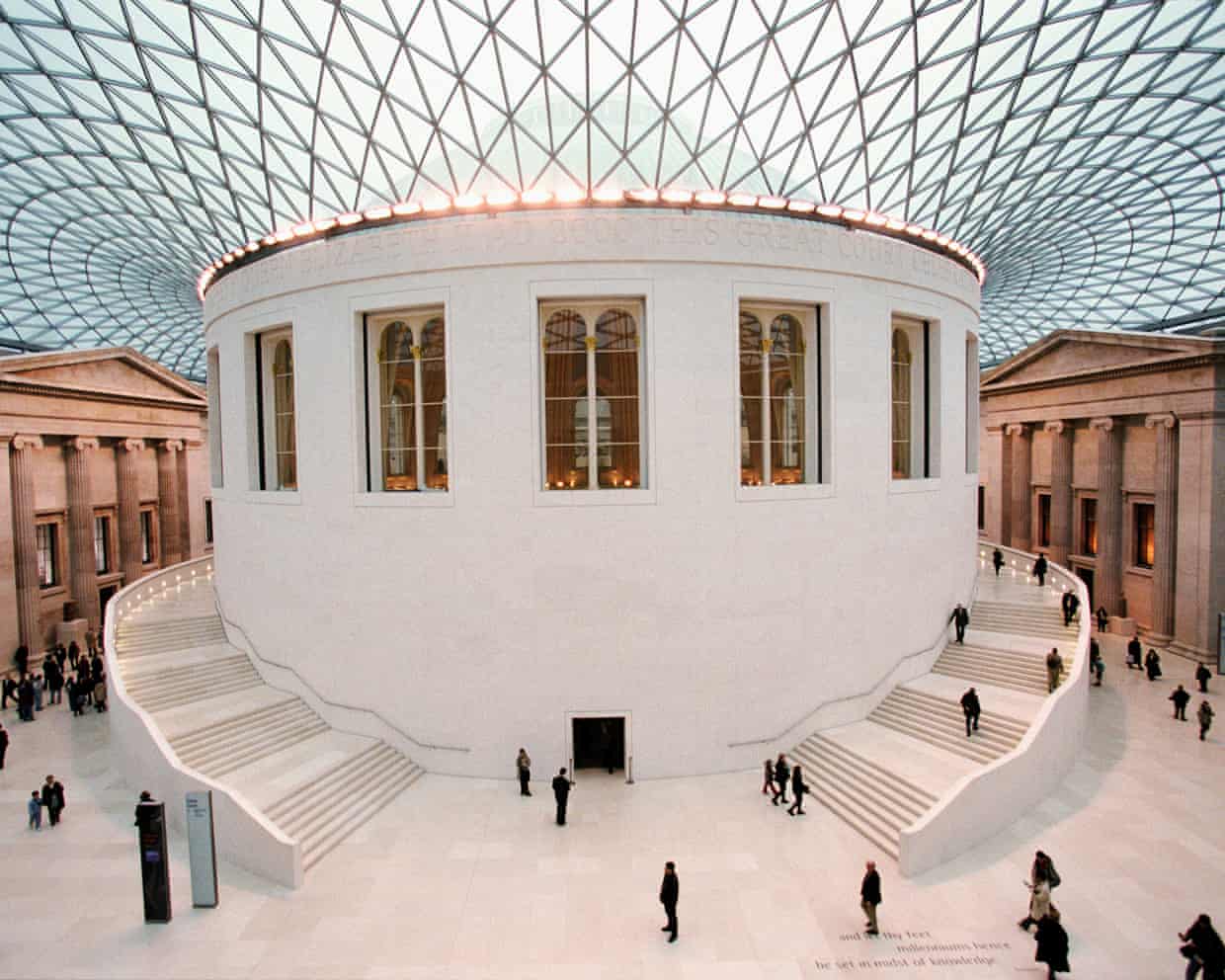
The British Museum has ended a controversial sponsorship deal with a Japanese tobacco firm after reports that the government had raised questions about the deal, which some critics said was “deeply troubling”.The Guardian understands that the museum’s board chose to not renew the 15-year partnership with Japan Tobacco International (JTI), which ended in September.The pressure group Culture Unstained submitted a freedom of information request earlier this year, which it says revealed correspondence sent in January in which the government raised questions about the details of the deal.The Times reports that the Department of Health and Social Care told the Department for Culture, Media and Sport that the deal could be a breach of the World Health Organization’s framework convention on tobacco control (FCTC).The framework bars states from advertising and promoting smoking products.
JTI’s name was recently removed from the museum’s website, a move that coincided with the release of a report published by the Tobacco Control Research Group that said the sponsorship deal was a key part of the firm’s lobbying strategy.JTI still sponsors the Royal Academy of Arts and the London Philharmonic Orchestra.The move was welcomed by critics, who had been calling for an end to the deal since 2016, when 1,000 experts signed an open letter to the British Museum and the Royal Academy over what they called the morally unacceptable sponsorship by JTI.Dr Allen Gallagher, the co-director of the Tobacco Control Research Group at the University of Bath, said such agreements “enable a deadly industry to use UK cultural institutions as a way to try and improve its public image”.The Labour MP Dr Simon Opher, who is a GP, said: “I find it deeply troubling that a national cultural institution has been sponsored by a tobacco company for 15 years in clear breach of WHO guidelines.
”He said there were no circumstances in which public bodies should be “legitimising an industry that profits from harm”.A British Museum spokesperson said the institution was grateful for JTI’s support and that sponsorship was a crucial way for it to secure its financial future.“The museum operates on public and private funding, which ensures the magnificent collection remains free and accessible to the public for centuries to come,” they said.“As a public body we have an obligation to ensure the long-term financial stability of the museum by securing funding from a number of sources.Their support enabled the museum to significantly increase accessibility and engagement with the collection for under-represented adults.
”The decision again highlights the controversies surrounding sponsorship of cultural institutions in the UK, which have often centred on the British Museum.Sign up to First EditionOur morning email breaks down the key stories of the day, telling you what’s happening and why it mattersafter newsletter promotionThe organisation was heavily criticised when it signed a 10-year £50m deal with BP in 2023 that was called “astonishingly out of touch”.The Guardian understands the museum is not conducting a review of current sponsorships, but the BP deal continues to hang over the museum.When it held its inaugural Pink Ball in October, which raised £2.5m, protests about the BP sponsorship disrupted the event.
Climate activists have previously held several other protests in the museum.The museum’s leadership has continued to defend the deal.Its director, Nicholas Cullinan, has said he uses two criteria to weigh up donations and sponsorship.“One is: was the money legally acquired? The other is: will accepting it cause us reputational damage?” he said shortly after starting at the museum.“I think you have to have very good, clear reasons for turning down money that would help to keep the British Museum free to the public.
”Members of the Museums Association, an industry body, voted last month to adopt a code of ethics that expects museums to transition away from sponsorship by “organisations involved with environmental harm – including fossil fuels – human rights abuses, and other sponsorship that does not align with the values of the museum”.
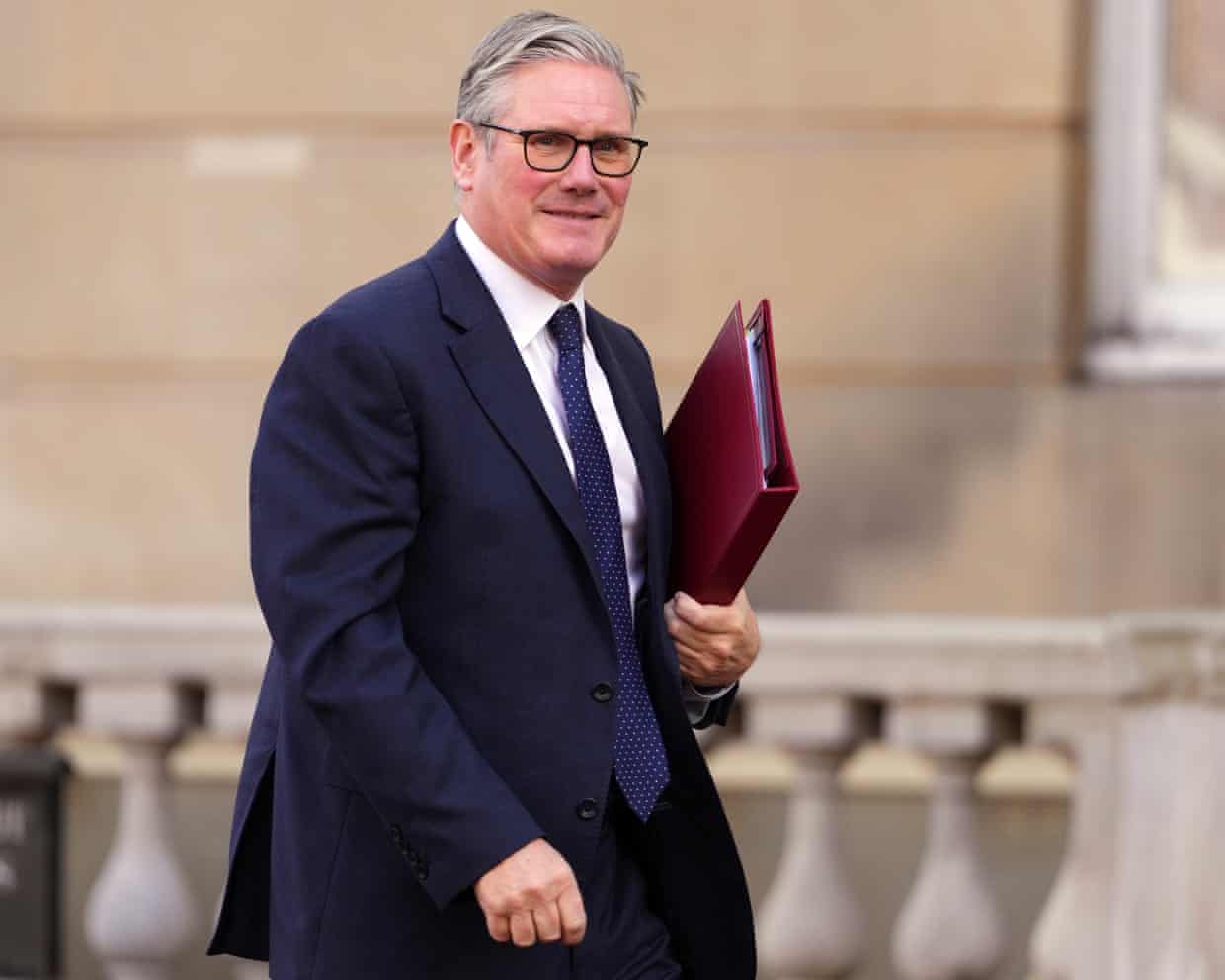
Only Labour could turn victory into defeat | Letters
I despair of Labour’s ability to turn an election victory into a rumbling disaster (Briefing war spotlights relationships between three of Labour’s most senior figures, 12 November).To see the kerfuffle over whether or not Wes Streeting has leadership ambitions and to see that become a huge distraction from everything that should be dominating political thinking is awful. I want everyone who has a role in this government to distinguish themselves from their predecessors. They can do this by showing that they understand their purpose: to act only in the interests of the country. Unless they do this, public confidence in politicians will continue to plummet
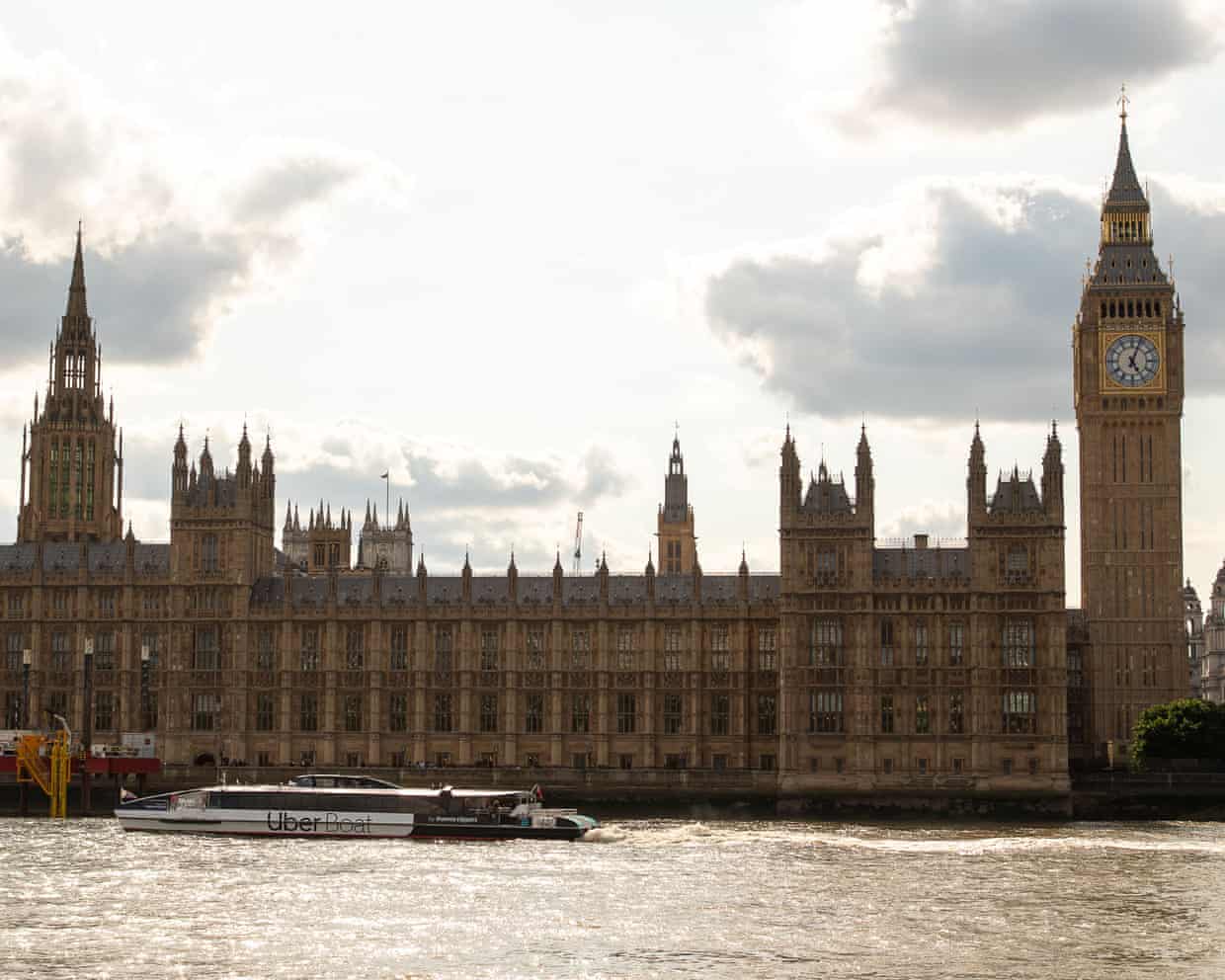
Chinese spying amounts to interference in UK democracy, minister says, after MI5 warns MPs – as it happened
Jarvis says MI5 issued an espionage alert earlier today to MPs, peers and parliamentary staff. (See 12.18pm.)He urges all parliamentarians to read it.He says China is trying to contact MPs and peers to get sensitive information about parliament
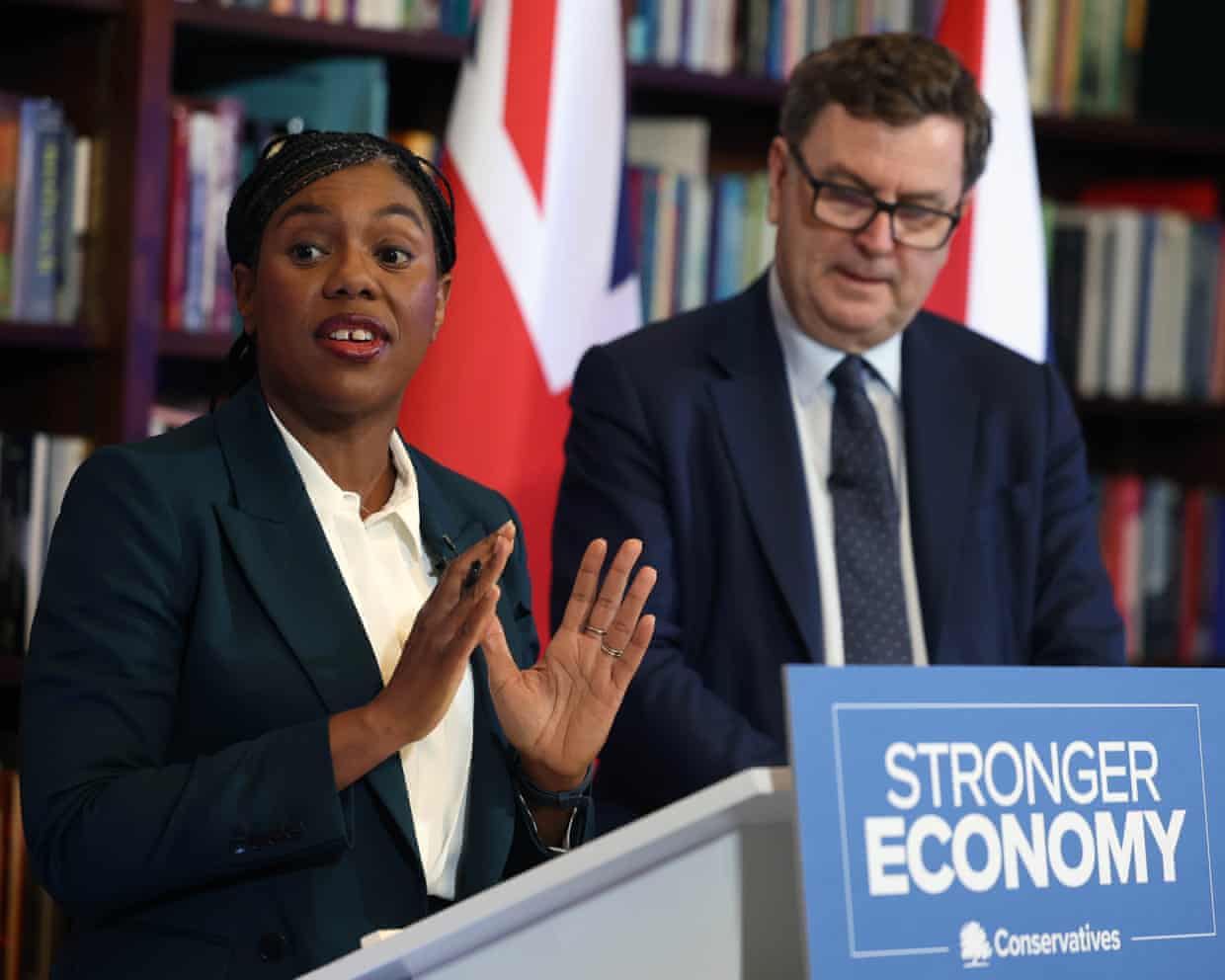
Tories and Reform spout imaginary numbers as they fight for attention | John Crace
You would think we were in the final three months of a general election campaign, not three and a half years out. Everywhere you look there’s a party leader giving a press conference. Demanding attention from a public that just wants to be given a break.Even the news channels are losing interest. Sending along a reporter more on the off-chance someone says something idiotic, than in any expectation of anyone committing hard news
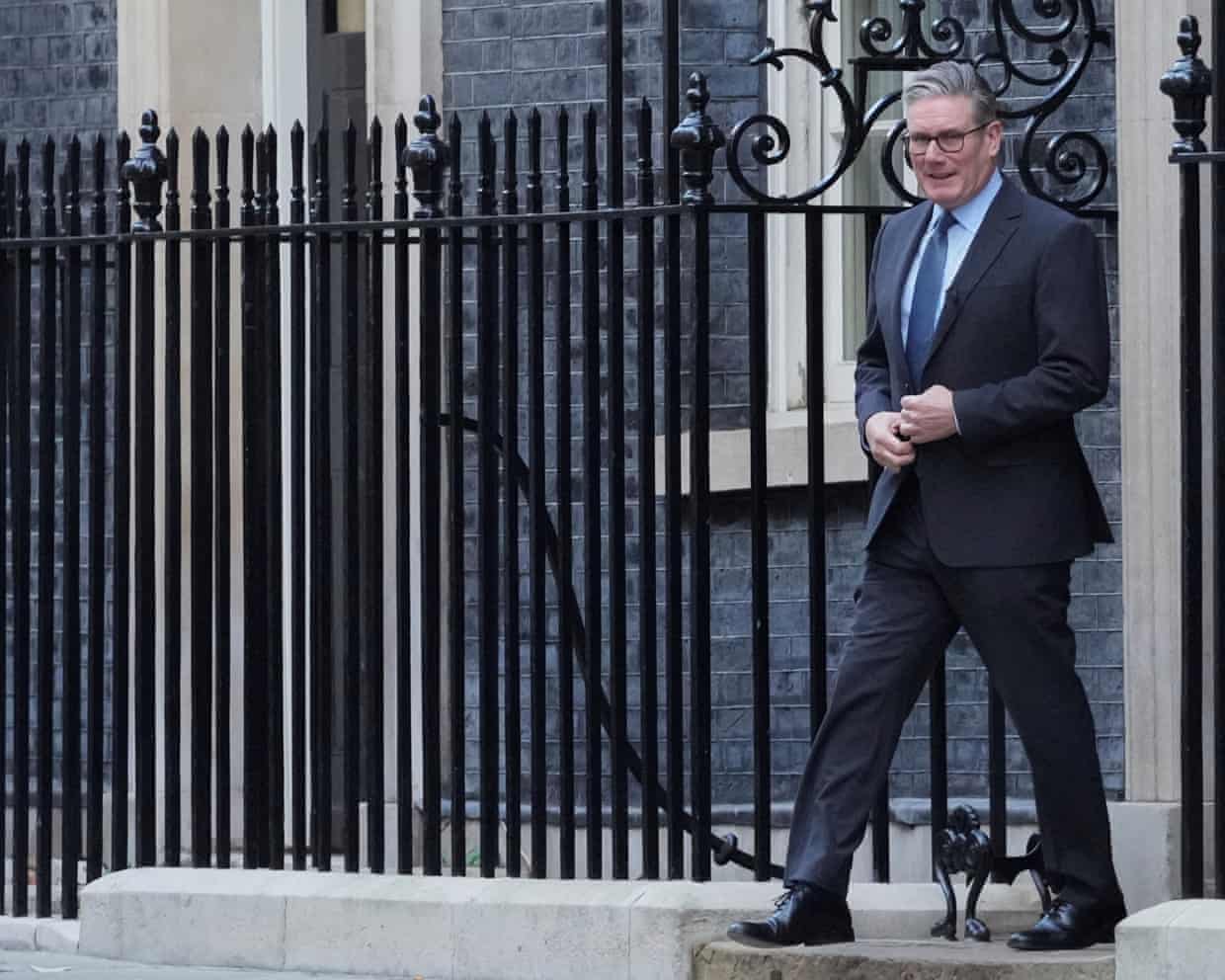
Starmer pleads for government to unite in fightback after difficult week
Keir Starmer has warned senior ministers and officials to stop briefing against one another and leaking details of the budget as he pleaded for his embattled government to unite.The prime minister told his weekly cabinet meeting that last week’s political turmoil had distracted from voters’ priorities, and ministers needed to work together and start delivering rather than talking about the government itself.His warning came after a turbulent week during which his government was engulfed by accusations of briefing against the health secretary, Wes Streeting, and reports of a major pre-budget U-turn.The prime minister’s spokesperson said on Tuesday: “He said distractions meant our focus shifted from where it mattered most, working every day in the service of the British people.“The prime minister said next week’s budget would prioritise rebuilding the economy, showing what the government stands for
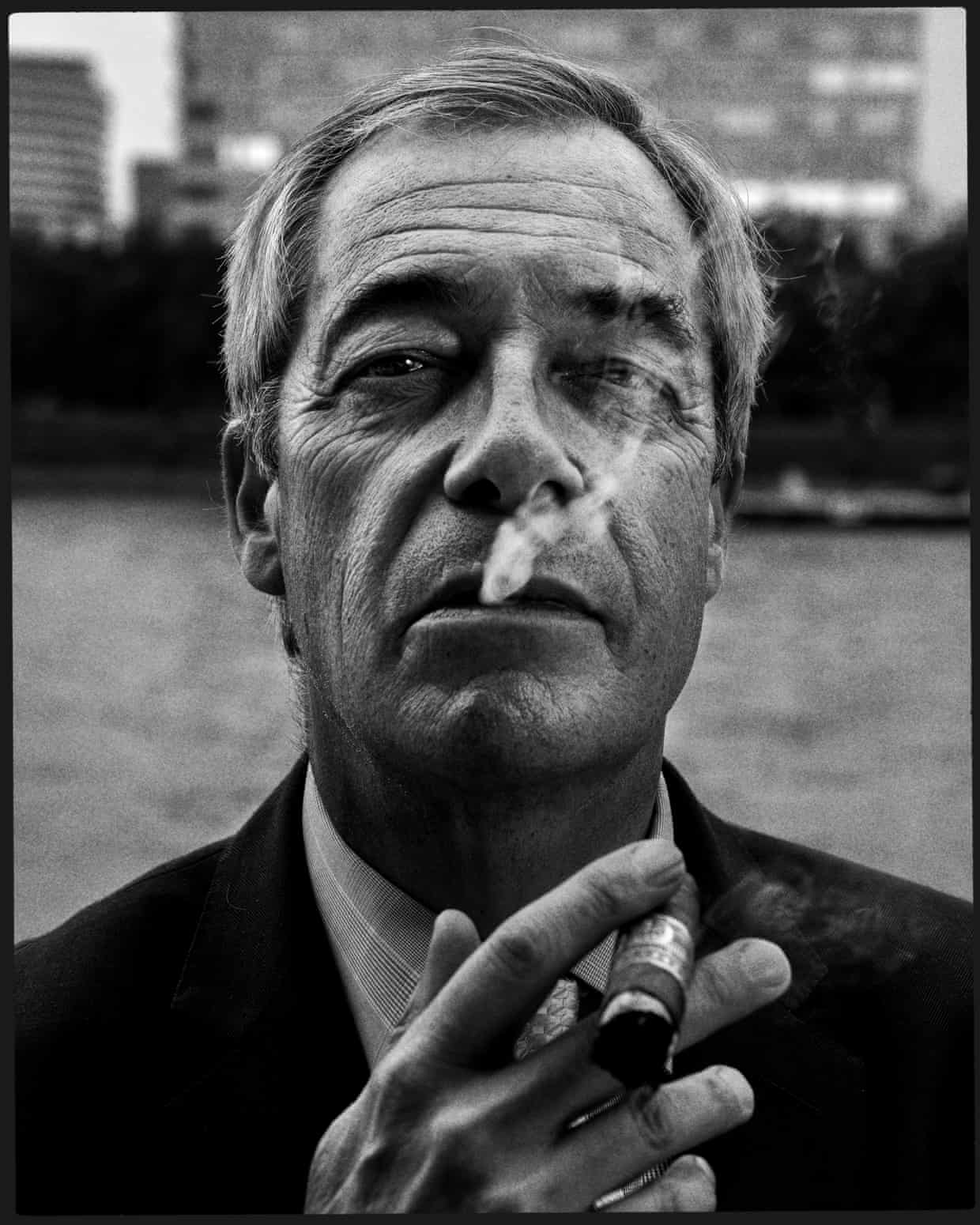
‘Deeply shocking’: Nigel Farage faces fresh claims of racism and antisemitism at school
It is the hectoring tone, the “jeering quality”, in Nigel Farage’s voice today that brings it all back for Peter Ettedgui. “He would sidle up to me and growl: ‘Hitler was right,’ or ‘Gas them,’ sometimes adding a long hiss to simulate the sound of the gas showers,” Ettedgui says of his experience of being in a class with Farage at Dulwich college in south London.Ettedgui, 61, is a Bafta- and Emmy-winning director and producer whose credits include Kinky Boots, McQueen and Super/Man: the Christopher Reeve Story.Back then he was a 13-year-old boy at a loss as to how to handle what he describes as a sudden and inexplicable intrusion of antisemitism in his life.This is the first time Ettedgui has spoken in such detail of his alleged experiences, but he is not the only one
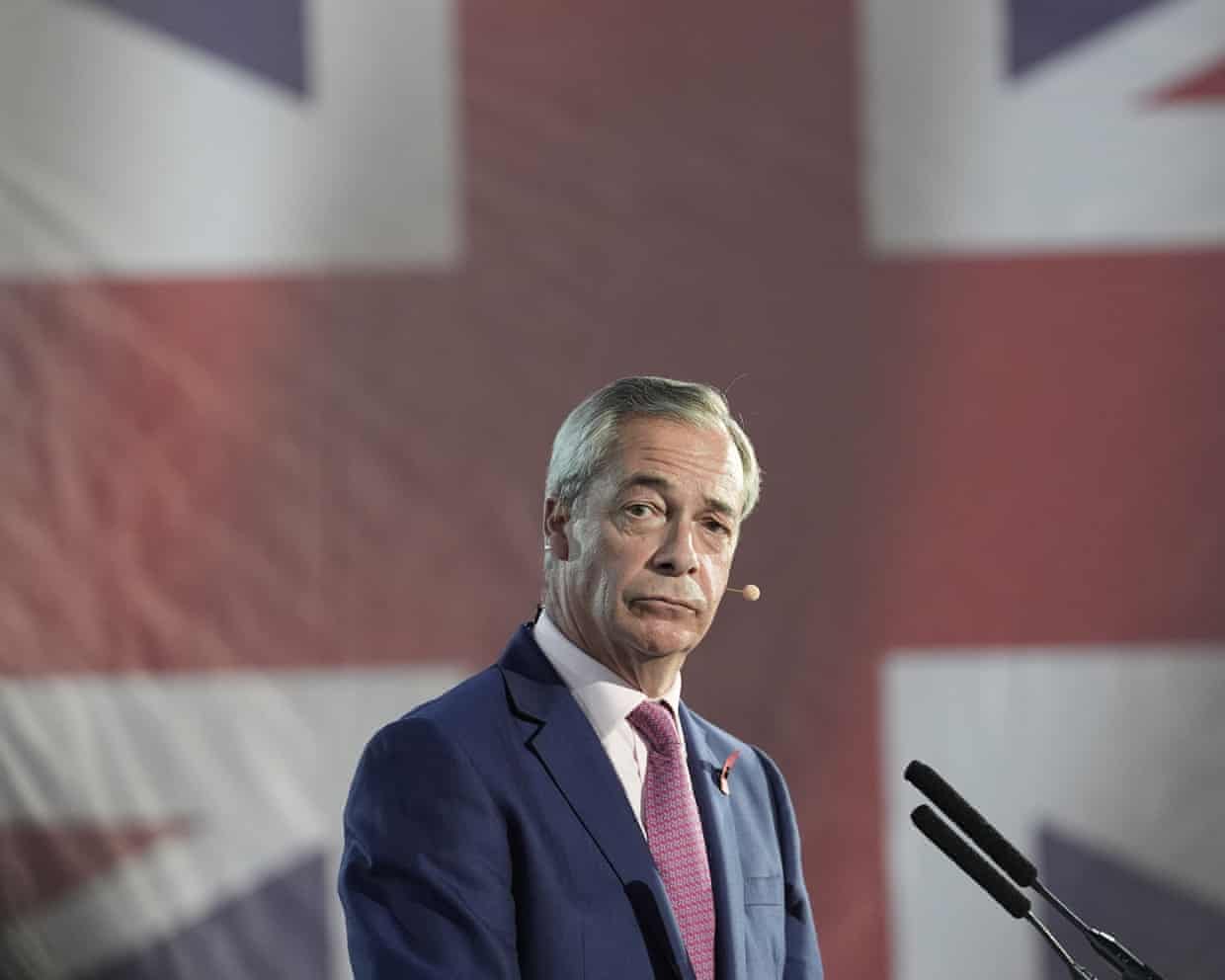
Most Reform UK voters would back wealth tax on very rich, poll suggests
Most potential Reform UK voters would back a one-off wealth tax on the very rich, polling suggests, with about three-quarters supporting windfall taxes on energy companies and banks.The figures, compiled by the Best for Britain thinktank ahead of next week’s budget, indicate that Nigel Farage might be out of step with many of his supporters.Farage has consistently pushed back against the idea of a wealth tax, arguing that higher earners and other rich people should not be targeted in case it makes them more likely to leave the UK.And while Farage is often critical of big business, the only plan for a windfall tax set out by Reform so far involves targeting renewable energy companies.According to a survey of more than 3,000 people who are considering voting for Reform, carried out by YouGov, 61% would support a one-off tax on UK households with net wealth above £10m

Georgina Hayden’s quick and easy recipe for roast hake with caper anchovy butter | Quick and easy

Sami Tamimi’s recipes for prawn and tomato stew with fregola, and herby quick-pickled vegetable salad

How to make risotto alla milanese – recipe | Felicity Cloake's Masterclass

2210 By Natty Can Cook, London SE24: ‘Much more than just posh jerk chicken at fancy prices’ – restaurant review | Grace Dent on restaurants

‘Simple, well-crafted and excellent’: supermarket chutneys, tasted and rated | The food filter

It’s not all about roasting on an open fire – there’s so much more you can do with chestnuts